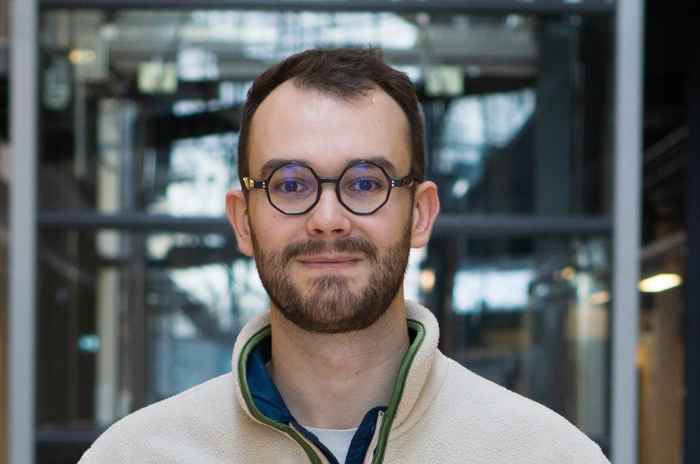Marie Skłodowska-Curie Actions Postdoctoral Fellowship for Guillaume Hopsort to join the Flow Chemistry group
Building an intelligent platform for intensified flow electrochemistry
3 April 2025

One of the challenges in synthetic chemistry is making the large-scale production of pharmaceuticals and bioactive molecules more sustainable. Electrochemistry offers a potential solution here, but optimizing electrochemical synthesis routes remains a significant challenge.
With the INSPIRE project, Dr Hopsort will tackle this by developing a fully automated system that couples continuous-flow electrochemistry with artificial intelligence for optimal process development. Building on the success of the RoboChem platform developed at the Flow Chemistry group, INSPIRE will integrate real-time analytics and Bayesian optimization algorithms to autonomously explore complex reaction parameter spaces, identify optimal operating conditions, and mitigate common limitations such as electrode passivation.
By targeting multiple challenging molecular transformations with industrial relevance, INSPIRE aims to serve as a blueprint for modular, AI-driven electrochemical platforms, applicable across a broad range of redox-active substrates.
The project will also involve the development of mechanistic and numerical models of the electrochemical system to support scale-up and intensification. These models will provide insight into mass transfer, reaction kinetics, and electrode behaviour under dynamic flow conditions, enabling informed reactor design and enhanced robustness of the electrochemical process.
A step toward autonomous electrochemical synthesis
Dr Hopsort welcomes the opportunity offered by INSPIRE: “This fellowship allows me to combine electrochemical engineering with machine learning and automation. I am thrilled to join the Flow Chemistry group to explore new frontiers in intelligent process development.” He emphasizes the importance of strengthening the synergy between the organic synthesis and electrochemical engineering communities. “The development of the INSPIRE platform will be a collaborative effort within the group, combining expertise in reactor engineering, automation, and electrochemistry.”
Group leader Prof. Timothy Noël adds: “INSPIRE is perfectly aligned with our vision of intelligent, electrified, and continuous manufacturing. Guillaume’s background in electrochemical engineering and modeling makes him particularly well-suited to bridge our expertise in flow chemistry with next-generation automation strategies.”